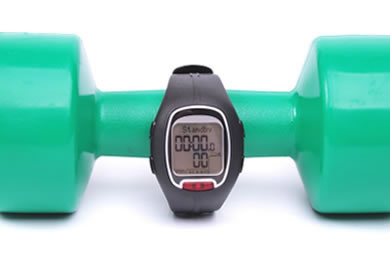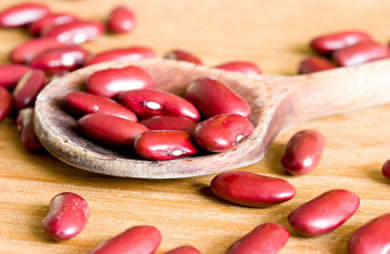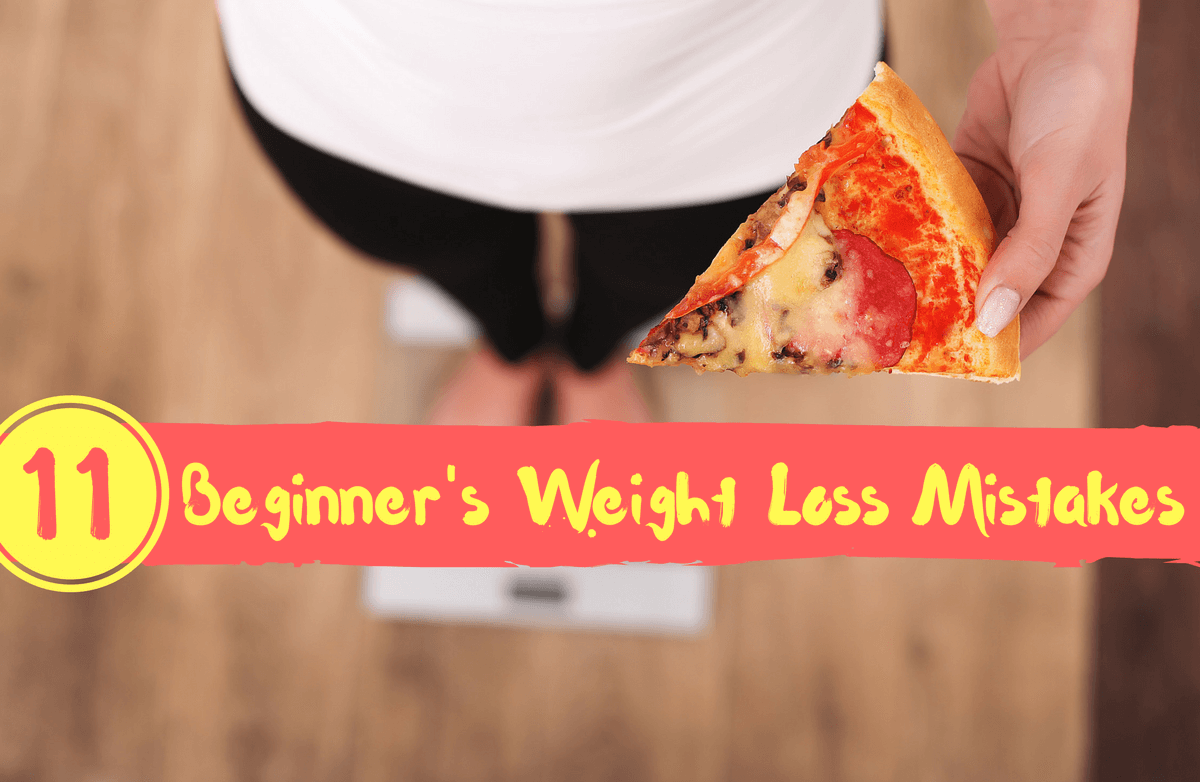Childhood obesity is an epidemic. According to the CDC, childhood obesity rates have more than tripled in the past 30 years. Children are now dealing with high blood pressure, high cholesterol, diabetes, sleep apnea, joint problems, fatty liver disease, gallstones, and heartburn--diseases that were once found mostly in adults.
Children who are overweight also face tremendous social and psychological problems, including discrimination and low self-esteem, according to studies.
And, in 2005, the New England Journal of Medicine announced that for the first time children are not expected to outlive their parents.
One major obstacle in combating childhood obesity is denial. Studies have provided the proof that when it comes to their children, parents are, in many cases, unable to see that there is a problem. Parents are looking at their children with the belief that they are healthy, but sadly many are wrong.
Despite the overwhelming evidence and our desire to help our children be healthy and happy, teaching our children healthy habits is not an easy task. Parents are competing with peer pressure, mass media, and a decreasing emphasis on physical activity in schools.
So, is there anything that you can do for your child?
Yes, of course. Today I'm going to share with you my top 10 tips, as a doctor and a mother of five!
First start by calculating your child’s BMI and seeking the guidance of your child’s pediatrician. Here are some tips intended for children ages 3 and up. These are not meant as specific advice. Please consult your pediatrician for recommendations for your child.
Tips for teaching your kids healthy habits:
- Lead by example. You are your child’s best teacher. If you are eating chips and drinking soda while sitting on the couch watching TV then they will learn to do the same. If you tell your children that you hate vegetables, then there is a good chance they will as well. It is important for you to show your children that living a healthy lifestyle is positive and not a chore. Show your children that you want and like to eat healthy and that you enjoy exercising on a regular basis. Teach them consistency through your actions. You wouldn’t be reading this if you didn’t want the best for your child. Parents, we are in the spotlight! Our children are watching!
- Sleep. Obese children get less sleep than normal-weight children, according to the research. These children are spending this time watching TV, eating junk food, and playing on the computer. These children may also be eating to stimulate themselves to stay awake. You are the boss. Set a bed time and stick to it. (More sleep also could make them smarter.)
- Limit liquid calories. Calories in the form of liquids are huge contributors to childhood obesity. We know that sugary carbonated drinks are not recommended for children. This is non-negotiable. Sugary sodas are high in calories and provide no nutritional benefit (and cause cavities!) (Drinking one 20-ounce soda daily can lead adults to gain a half pound a week!) These liquid calories add excess calories without providing a feeling of satiety, meaning that they don’t feel full and can keep eating even though they have consumed calories that will wind up as stored fat on their developing bodies. Seemingly innocent fruit juice is not so innocent. It is concentrated calories stripped its fiber. There are just too many calories in a small unsatisfying amount of liquid. If you must offer beverages other than milk and water, consider other options: fruit-juice based sodas, low-calorie juices, or a 50-50 mix of water and juice.
- Fiber. Thanks to SparkPeople, you likely have learned about the benefits of fiber for adults. Fiber has the same benefits in children. It can help your child maintain a healthy weight by providing a feeling of fullness and satiety. Start with whole fruits. (Avoid those juices!) Seek cereals with at least 3 grams of fiber. Below are the fiber recommendations for children from the American Heart Association.
| Gender/Age | Fiber (grams) | | 1–3 years | 19 | | 4–8 years | 25 | | 9–13 years | | | Female: | 26 | | Male: | 31 | | 14–18 years | | | Female: | 29 | | Male: | 38 |
- Eat only at the table! Children can learn to mindlessly eat just like adults--and remember they are watching us! Children can eat a bag of chips while playing on the computer or watching TV and a couple of hours later eat a full dinner. These calories that are consumed without thought are easily forgotten and can add up quickly. Make eating anywhere but the dinner table off limits. Eating while running around, playing video games, watching TV or hanging out at the computer is not acceptable.
- Limit TV, video games, and computer time (with the exception of active games on the Wii or Xbox Kinect). I know that this is a hard one for us parents. I’m a mother of 5 and I know that screen media can be great baby-sitters, but your kids need to burn calories. Let them run and jump and play like we used to do. Play active Wii games. There are even exercise videos for children! Turn on music and encourage them to dance. Do whatever it takes to get them to sweat! They need to move! You may need to wean your kids off these habits. You may get some resistance at first but they will get the hang of it. If you are consistent you will get results.
- Educate your children. I know this may be controversial, but your children need to know if they are at a healthy weight. Quiz your children on healthy versus junk food. Instead of just saying "No!" in the grocery store when they ask for sugary cereal, explain to them how to look for a healthy cereal and why they should pick a healthy cereal. Older children have the ability to understand the concept of calories in and calories out. They can be taught how to read food labels. Give your child some credit. They do have to ability to learn how to take care of their bodies through good nutrition. Your child’s pediatrician should be able to assist you with the appropriate portion sizes and possibly even calories for your children. If you are not getting the answers you seek, then request a referral to a dietitian. I highly recommend SparkTeens as a resource, available to teens age 13 and up.
- Limit unhealthy options. You possess the power to influence your child’s intake. If there is no access to chips, cookies, ice cream, and sugary junky cereals then they will have no other options in the home. Your children may put up a fight (one of my sons did) but they will get over it. If you are having some problems with sticking to the "no junk food rule" as a parent you may need to look at other areas to see if there are discipline issues that need to be addressed.
- Sports. Individual or team sports. Organized leagues or pick-up games. It doesn’t matter. Find an activity (or activities) that your child can do that they like and can see themselves doing for years to come. Encourage your child to enjoy exercise at a young age. Remind them that they will need to consistently exercise as adults, so find a sport (or sports) that they can do and enjoy forever. The whole point is to encourage your child to learn to enjoy exercise at a young age. Teach them and remind them that they will need to continue to consistently exercise as adults. And don't forget to show them, too!
- Eat together as a family. Do this, because it has research to back it up. These kids probably eat more fruits and vegetables as a result of family meals and thus are less likely to snack on junk food. They are also able to model positive parent behavior as well leading to less picky behaviors and a willingness to try new foods. Communicating as a family also reduces stress and may identify problems that the child may be having so that the parents can guide them to a resolution.
I hope you enjoyed some of my tips for teaching your children healthy habits. We live in the world of fast food, instant gratification, excessive stress, office jobs and sedentary leisure activities. Start now if you want to take advantage of the days when you have a great deal of control and influence over your kids.
There is no need to try to trick them into new habits. Tell your children exactly why you have implemented the changes. They can and will understand and will certainly thank you for it in the future! We are our children best teachers, so let’s teach!
What are your best tips for getting kids excited about living healthy lives? Do you have any questions for Dr. Birdie?
Editor's Note: Dr. Birdie Varnedore, M.D., is happy to offer her expertise to the SparkPeople community; however, she cannot offer specific medical advice to dailySpark readers. Please do not share confidential medical information here. If you have a personal question or a concern about your health, please contact your health-care provider.
|
|

.jpg)

.png)











